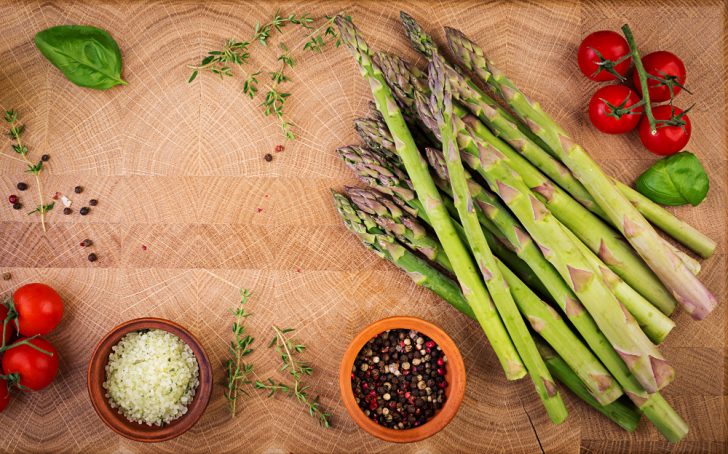Stomach flu, also known as viral gastroenteritis, disrupts the delicate balance of bacteria in the gut. Understanding how to restore gut health after stomach flu is crucial to regaining overall well-being. The stomach flu often leaves the gut microbiome in a state of imbalance, causing discomfort and affecting digestion. Here’s a step-by-step guide to help restore gut health effectively.
How to Restore Gut Health After Stomach Flu in 9 Steps
Start with Hydration
After a bout of stomach flu, dehydration is a significant concern. Begin by replenishing lost fluids to restore hydration levels. Drinking water, herbal teas, and electrolyte solutions can help. Avoid caffeinated and sugary drinks, as they may irritate the gut further. Sufficient hydration supports the body’s natural healing processes and prepares the gut for the next steps in recovery.
Gradually Reintroduce Nourishing Foods
Once hydration is under control, focus on reintroducing foods that are easy on the gut. Start with bland options like bananas, rice, applesauce, and toast, often called the BRAT diet. These foods are gentle on the stomach and help ease digestion. Slowly incorporate more substantial foods as your body tolerates them, but avoid heavy, greasy, or spicy dishes.

Andrea Piacquadio | Pexels | Drinking water, herbal teas, and electrolyte solutions can help you restore gut health.
Include Prebiotic Foods to Support Probiotics
Prebiotics are non-digestible fibers that feed the good bacteria in your gut. Foods rich in prebiotics, such as garlic, onions, and asparagus, should be included in your diet. These fibers encourage the growth of beneficial bacteria, helping to restore balance in the gut microbiome. A diet rich in probiotics and prebiotics ensures the gut has the resources it needs to heal effectively.
Avoid Foods That Irritate the Gut
During recovery, avoiding foods that can irritate the gut is essential. Spicy, fatty, and acidic foods may exacerbate symptoms and delay healing. Similarly, the intake of dairy products should be limited, as they can be difficult to digest after stomach flu. Focus on easily digestible, nutrient-dense foods that support healing and avoid anything that could cause further discomfort.
Focus on Anti-Inflammatory Foods
Stomach flu often leads to inflammation in the gut. Consuming anti-inflammatory foods can help reduce this and promote healing. Incorporate turmeric, ginger, and leafy greens into your meals. These foods contain compounds that help calm inflammation, providing a soothing effect on the digestive system. Maintaining a diet rich in anti-inflammatory foods supports faster recovery.

timolina | Freepik | A diet rich in probiotics and prebiotics ensures the gut has the resources it needs to heal effectively.
Rebuild Gut Strength With Bone Broth
Incorporating bone broth into your diet can provide essential nutrients that strengthen the gut barrier, helping to prevent further issues. It’s a simple yet effective way to nourish the gut.
Prioritize Rest and Stress Management
Rest is vital for gut recovery. The body needs time to heal; stress can negatively impact this process. Incorporate relaxation techniques such as deep breathing, meditation, or gentle yoga. Ensuring adequate sleep and managing stress levels supports the gut’s natural healing process and overall well-being. A relaxed body and mind create an environment conducive to recovery.
Gradual Return to Normal Diet
As your gut begins to heal, gradually reintroduce a more varied diet. Start by adding more vegetables, lean proteins, and whole grains, but do so slowly. Monitor how your body responds and adjust your diet accordingly. This careful approach prevents overwhelming the gut and allows it to continue healing while adjusting to a regular diet.











